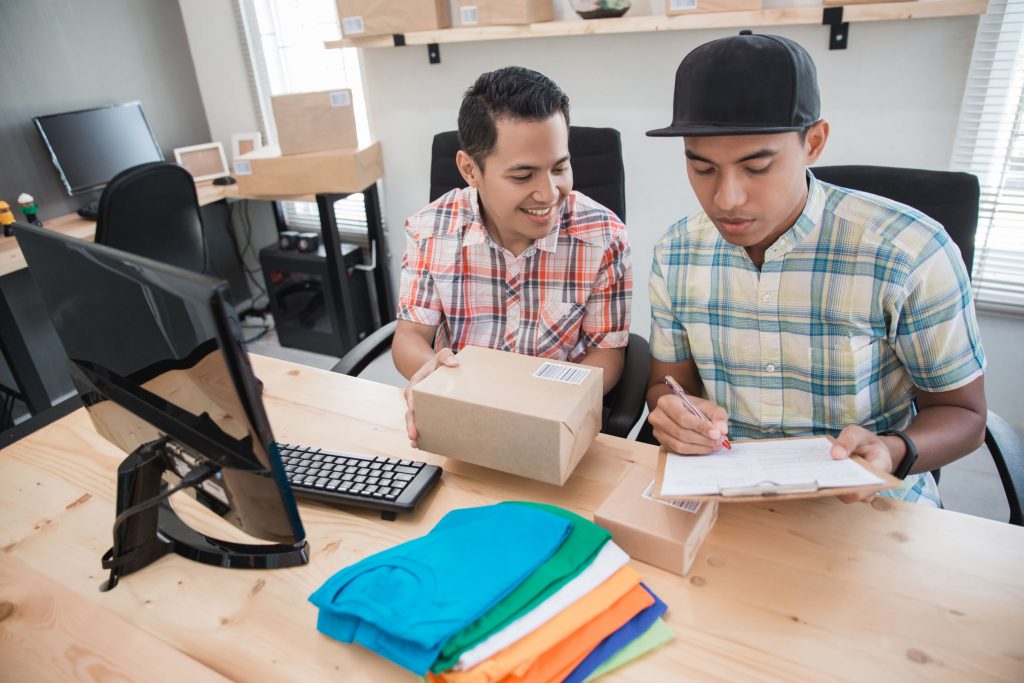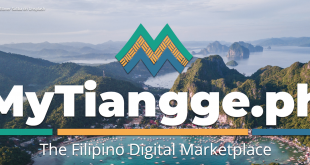
As we’ve established earlier, MSMEs or micro, small, and medium enterprises comprise a vital role in the country’s economic growth. But with 26% of 1.5 million MSMEs shuttered by the pandemic and the Q2 2020 GDP decreasing by 16.5%, it’s crucial to support what accounts for 63% of the country’s total employment. As a remedy, the government is on its way to enacting “Bayanihan 2”, the follow-up to the Bayanihan to Heal as One Act (Republic Act 11469).
Bayanihan to Recover as One Act
“Bayanihan 2” was one of the priority measures mentioned by President Rodrigo Duterte in his 5th State of the Nation Address (SONA). The amended version of House Bill No. 6953 was approved by the Senate on July 28 and by the House of Representatives on its final reading last August 10.

What can small businesses expect from Bayanihan 2?
“Bayanihan 2” serves as one of the country’s measures for COVID-19 recovery. It allocates Php 50 billion for government financial institutions such as Land Bank of the Philippines, Development Bank of the Philippines, and the Philippine Guarantee Corporation to grant low-interest loans to micro, small, and medium enterprises. It also sets Php 10 billion as a stimulus package for tourism-related businesses.

How else can small businesses avail of financial assistance?
DTI-attached agency SB Corporation is offering relief loans for micro, small, and medium enterprises through the COVID-19 Assistance to Restart Enterprises or CARES Program. The fund has now secured another Php 1B from government financial institutions on top of the initial 1 billion budget.
The second run of the program, dubbed CARES 2, will require applicants to sign up using SB Corporation’s online borrower registration system at https://brs.sbgfc.org.ph. Online application for the program will reopen on August 17.
In addition, loan applicants requesting for more than Php 30,000 are required to have a bank account – either from the Land Bank of the Philippines or PESONet and InstaPay participating banks. For loan applications below Php 30,000, electronic money accounts such as GCash and PayMaya are accepted. Read more about the specific requirements here.
On the other hand, LGUs like Quezon City offered a stimulus package for small businesses to boost the local economy. MSMEs can borrow Php 100,000-Php 500,000 depending on the number of employees. Other cities like Pasig also provide loans through the TAPAT Program. MSMEs can borrow up to Php 10,000 to be able to comply with health and safety measures in the new normal.

How can small businesses recover?
Perseverance and adaptability, coupled with government and public support for local MSMEs, can help keep businesses afloat during the community quarantine. Let’s answer the call for nation-building and champion homegrown products and services.
Sources: CNN Philippines, Rappler, Inquirer.net, Business World, ABS-CBN News, Philippine News Agency, Manila Bulletin, Department of Trade and Industry
 Empowered Life Empowering The Filipino
Empowered Life Empowering The Filipino



